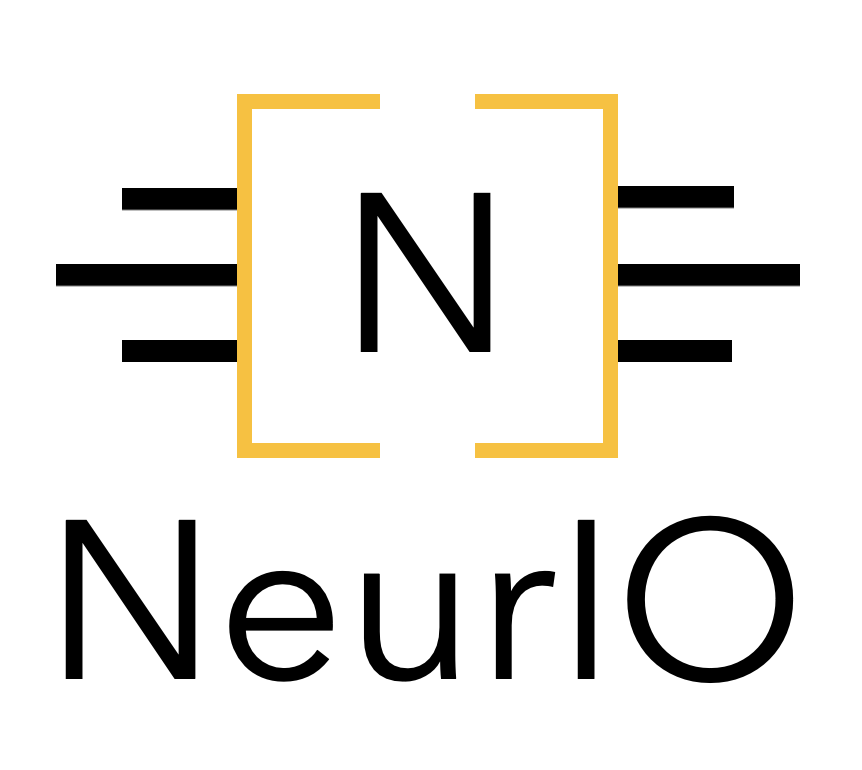Task-based Benchmarking#
Edge devices are usually very constrained in terms of resources. Therefore, we have defined a few tasks that can be used to benchmark the performance of a device.
Available Tasks#
This means that they can only perform a limited set of tasks, and might be optimized for a specific task. For example, a device might be optimized for image classification, but not for sound recognition. NeurIO currently supports the following tasks:
Task Name |
Dataset |
Domain |
Category |
Main Metric |
Description |
|---|---|---|---|---|---|
|
MNIST |
Image |
Classification |
Accuracy |
Digit classification on 10 classes |
|
CIFAR-10 |
Image |
Classification |
Accuracy |
Object classification on 10 classes |
|
CIFAR-100 |
Image |
Classification |
Accuracy |
Object classification on 100 classes |
|
ImageNet |
Image |
Classification |
Accuracy |
Object classification on 1000 classes |
|
N-MNIST |
Events |
Classification |
Accuracy |
Digit classification using N-MNIST events |
|
SHD |
Events |
Classification |
Accuracy |
Audio digit classification using Spiking Heidelberg Digits events |
Loading a task in NeurIO#
To choose a task, you can load the task from the neurio.tasks module:
from neurio.tasks import mnist
task = MNIST()
# get the data
(x_train, y_train), (x_test, y_test) = task.get_data()
# define a model an perform inference on device
model = ...
device = ...
device.prepare_for_inference(model)
y_pred, profiler = device.predict(x_test[:12], batch_size=4, return_stats=True)
# evaluate the results
metrics = task.evaluate(y_test[:12], y_pred)
print(metrics)
Defining a new task#
To define a new task, you need to create a new class that inherits from the Task class.
This class must implement the following methods:
get_data: returns the dataset used for the task.evaluate: evaluates the results of the inference and returns a dictionary of metrics.get_metrics_info: returns a description of the metrics used to evaluate the task.
For example, this is the implementation of the MNIST classification task:
#!/user/bin/env python
import numpy as np
import tensorflow as tf
from neurio.tasks.task import Task
class MNISTClassification(Task):
def __init__(self):
super().__init__()
self.x = None
self.y = None
self.metric = {"CE": tf.keras.metrics.CategoricalCrossentropy(),
"Accuracy": tf.keras.metrics.CategoricalAccuracy()}
self.dataset = tf.keras.datasets.mnist
self.prepare_data()
def get_data(self, preprocess=False):
(x_train, y_train), (x_test, y_test) = self.dataset.load_data()
x_train = np.repeat(np.expand_dims(x_train, axis=3), 3, axis=3)
x_test = np.repeat(np.expand_dims(x_test, axis=3), 3, axis=3)
y_train = tf.keras.utils.to_categorical(y_train)
y_test = tf.keras.utils.to_categorical(y_test)
# Normalize value
if preprocess:
x_train = (x_train / 255.0).astype(np.float32)
x_test = (x_test / 255.0).astype(np.float32)
return (x_train, y_train), (x_test, y_test)
def evaluate(self, y_train, y_pred):
res = {}
for k in self.metric.keys():
self.metric[k].reset_states()
self.metric[k].update_state(y_train, y_pred, sample_weight=None)
res[k] = self.metric[k].result().numpy()
return res
def get_metrics_info(self):
return {"CE": "Categorical Cross Entropy",
"Accuracy": "Accuracy over 10 classes"}
